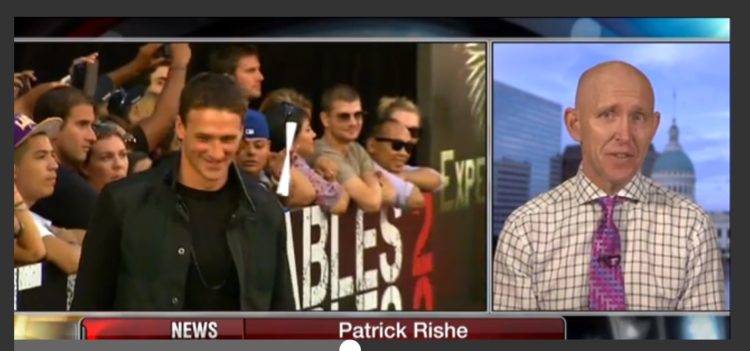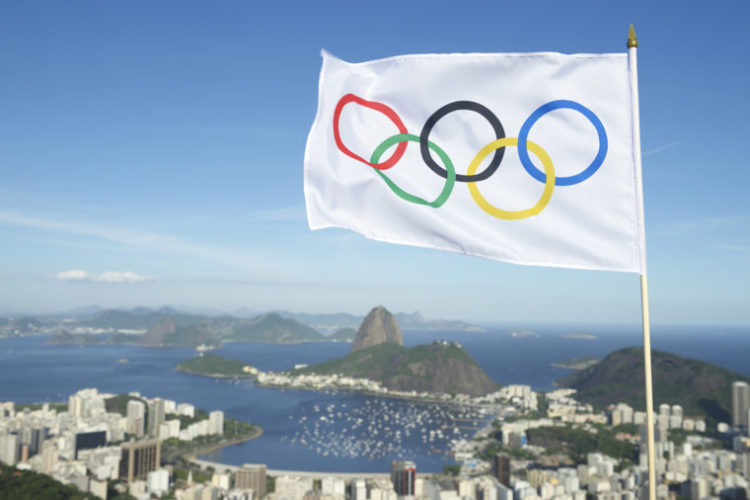Today, the International Association of Athletics Federations (IAAF) upheld its ban on Russia’s track and field teams, rendering them unable to take part in the in the Rio de Janeiro Olympics.
The suspension of Russia’s track teams first came in November, after a report from the World Anti-Doping Agency alleged widespread cheating. Today, the IAAF followed up on the initial suspension, ruling that Russia had not done enough to earn the right to compete.

Patrick Rishe
While the International Olympic Committee (IOC) has the final say on a ban, Patrick Rishe, director of the Sports Business Program at Washington University in St. Louis’ Olin Business School, says today’s move illustrates the economic effect of cheating in sports of all kinds.
“While the IAAF’s decision to ban Russian track and field from Rio is a grand statement, it certainly is not surprising in light of Russia’s inability to sufficiently curb cheating,” Rishe said. “Though cheating still occurs in sports that have tried to become clean (e.g., baseball), the economic lesson to be learned is that if you raise the price of cheating (through greater suspensions and other financial penalties), the incidence of cheating will fall.”
Rishe predicts today’s ruling from the IAAF could have a lasting impact as the fate of the Russian athletes now rests with the IOC.
“Baseball has seen reductions in cheating, and perhaps with the weight/gravity of this hammer thrown by the IAAF at Russian athletics today, this may have a longer-term impact on the incidence of cheating across all Olympic sports worldwide. Only time will tell,” Rishe said.
By Erika Ebsworth-Goold









